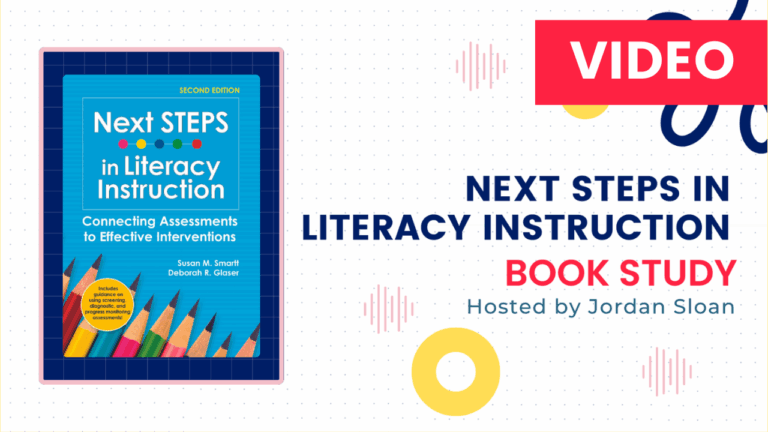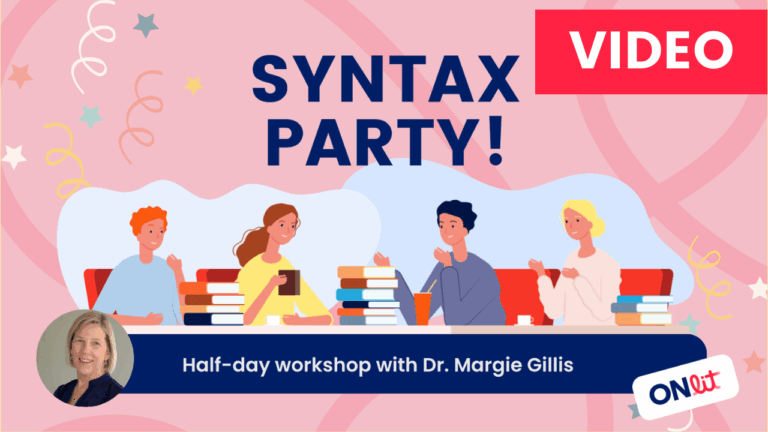Next STEPS Summer Book Study – Recordings and References
Keen to learn more about using assessment to drive structured literacy in your classroom? Catch up with our Next STEPS Summer Book Study. Resources related to this ONlit event series, hosted by Jordan Sloan, can be found here. Each session in the series tackles a foundational reading skill, unpacking what it is, why it’s necessary for…







